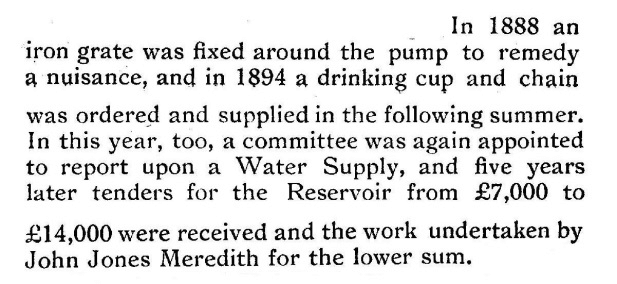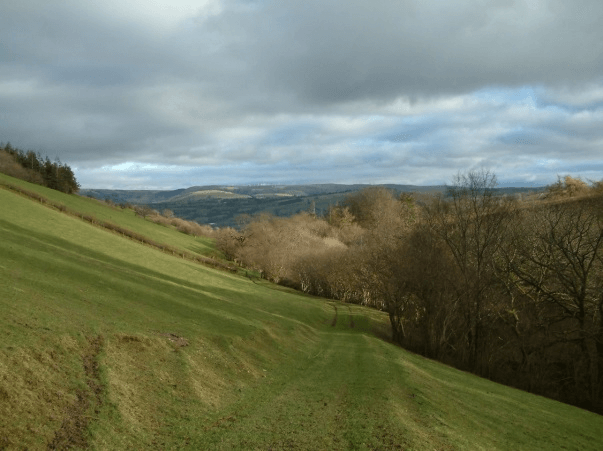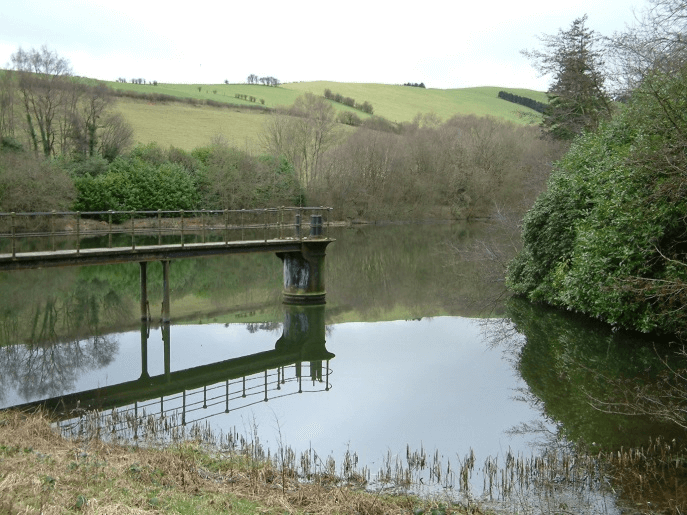-
1836
Application made to the Quarter Sessions for a plot of land adjoining the Long Bridge for a Lock-up House, responding to complaints at the insufficiency of the present facility 'particularly in a disorderly town'.
-
1839
Solicitor T Edmund Marsh offered land on the rocks near the Short Bridge if the Lock-up should be built during his mayoralty.
-
1839
Chartist Riot in Llanidloes. The 44 persons arrested were held at the County Jail in Montgomery and in Shrewsbury prior to transportation. Margaret Meredith sentenced to 6 months hard labour.
-
1839
Jail built by William Jerman for £155. No record of inmates!
The adjacent weavers' cottages, 1-4 Highgate Street, were probably built just before the Jail. These were the intermediate stage between weaving woollen items in your cottage and the very large flannel mills developed from 1850 onwards. The people lived in the 'two-up, two-down' cottages and went to work in the large, top-floor weaving room above the four houses.
-
1864
New Lock-up built on High Street; the Jail became a rented residence.
-
1892
Rent for the Jail was one shilling a week.
-
1894
Town Council's Scavenger Committee decided to 'smarten up' the Jail. Rent thereafter to Mrs Elizabeth Cavell of 2/6 a week.
-
1902
Town water supply created and Jail became the Filter House.
-
1915
Between approx. 1915 and 1920 the Jail ceased to be the Town's Filter House. Became municipal storage repository for broken lampposts, slabs, street furniture etc.
-
1930
Dick Meredith bought row of cottages - Nos 1-4 Highgate Street - for £100 and thereafter rented them out to people with housing problems for 2/6 a week.
-
1953
The Merediths knocked Nos 2 and 3 Highgate Street together and lived there after renting a flat from the Council in the Town Hall (in the roof below the clock!) for 4 years because their house in Shortbridge Street had gone on fire in 1947.
-
1954
Dick Meredith bought the Jail from the Town Council for £30, to become his 'shed'.


1902 Llanidloes Town Water Supply
Nant y Geifr reservoir providing the water supply to Llanidloes, built by John Jones Meredith in 1902.


In 1902 John Jones Meredith created a town water supply with a reservoir at Nant y Geifr (about 2 miles away) and the piped supply was brought into the town at Highgate Street, with the rented Roundhouse becoming the Filter House. The middle cell wall was removed and the ceiling above, and in the space a large iron filter tank was built on two supporting brick pillars (now under the kitchen/dining floors). The top of the tank could be raised for filter cleaning by a block and tackle equipment hanging from old railway lines resting on the large wooden beams and embedded in the stone walls of the bedrooms. When digging down into the floor of the cell area, Alison found the cast iron pipe coming in from the reservoir and the smashed end of the pipe going into the town, which is now mainly hidden under the kitchen floor.
When digging out the cell area, the first foot of depth was obviously river gravel but after that the material was very lightweight. Microscopic examination showed that this was the filtrate - a mixture of sand, charcoal and heather, the usual filtrate in 1900 - allowed to fill the ground after the tank was demolished.
(The railway lines are now outside in the parking area. The lower, lighter sections almost certainly came from the Llanidloes-Newtown railway of 1859. The upper rails are heavier and came from the Dowlais steelworks in South Wales in 1904. The stamp on the rail also includes RSBR, indicating that they were from the Rhondda and Swansea Bay Railway.)